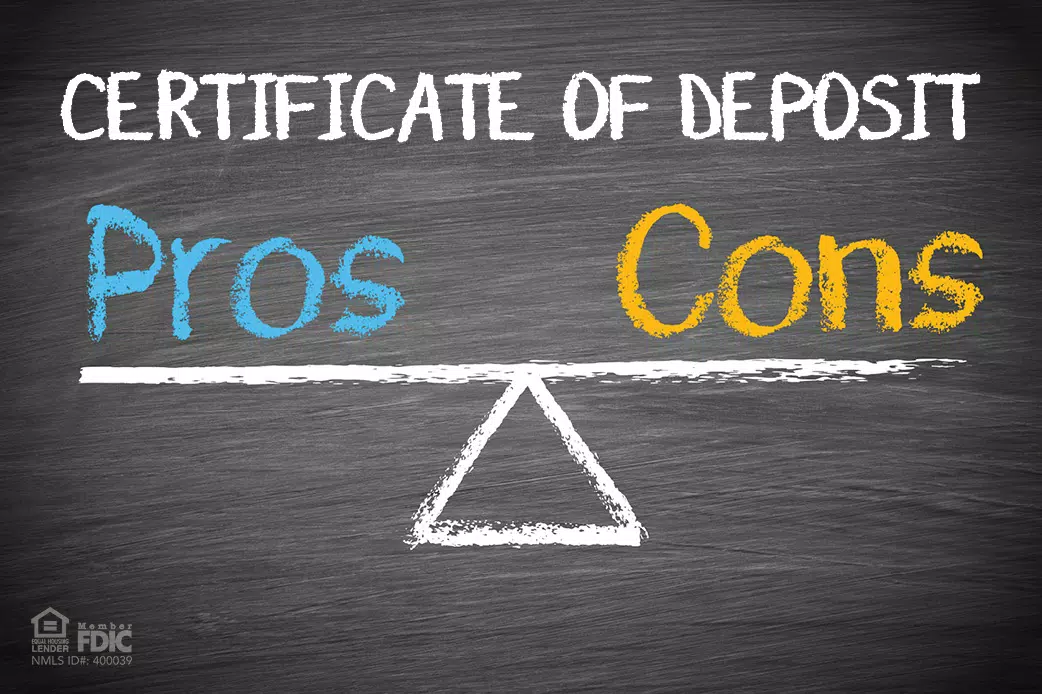According to the 2018 Social Security Trustees report, Social Security is expected to run out of money in 2034. A lot can happen between now and 2034 to change that, but regardless, having a solid retirement plan in place now should be at the top of your to-do list. Northwestern Mutual’s 2018 Planning & Progress Study found that one in five Americans have no retirement savings, and 78 percent are ‘extremely’ or ‘somewhat’ concerned about achieving a comfortable retirement.
Finding the right savings plan early in your career is essential to ensure financial security for your retirement. Many companies offer appealing 401(k) plans as a benefit, but not everyone has this opportunity. An attractive alternative is an Individual Retirement Account (IRA).
An IRA is a type of savings account offered by financial institutions designed to help individuals save for retirement with tax benefits. Funds invested in an account can include a mix of stocks, bonds, Exchange-Traded Funds, and mutual funds. There are three types of IRAs, each with different tax incentives:
Traditional IRA—This IRA is a tax-deferred account, with earnings growing tax-free until withdrawn at retirement. Contributions may also be tax deductible, depending on your income. The total amount you can contribute annually to an IRA account as of 2019 is 100% of your income or $6,000 until age 50. This amount increases to $7000 once an individual turns 50, referred to as a Catch-up Contribution.
Roth IRA – A Roth IRA contributes the money with post-tax income. If certain conditions are met, the funds invested can grow and be withdrawn at retirement tax-free. Unlike a traditional IRA with a minimum withdrawal age of 59 1/2, you can cancel the basis from a Roth IRA at any time without penalty or taxes due. You must make less than $137,000 a year (or $193,000 if married filing jointly) to be able to contribute, however.
Rollover IRA—A Rollover IRA allows you to take the funds you’ve earned from a previous employer (such as a 401(k)) and move them into an IRA. The IRS does not tax this transfer; your assets' tax-deferred status remains.
So, what are the benefits of investing in an IRA, and which is suitable for you? Here are the advantages of investing in either a Traditional or Roth IRA:
Traditional IRA:
- Tax benefit. Tax benefit. Offers tax-deferred growth, and depending on income, all contributions are tax-deductible.
- Supplemental savings plan. If you already have a 401(k) started at your company, you can still open a Traditional IRA to run concurrently and increase your retirement savings.
- There are no income requirements. You can contribute no matter what your income level is.
- Pay lower tax bracket. If you plan on making less money at retirement, you will pay tax on IRA withdrawals at a lower tax bracket than when you contribute.
Roth IRA:
- Tax benefit. No taxes are paid on earnings or when you withdraw, assuming you have had the Roth IRA for five years and have a minimum age of 59 1/2. This is advantageous if planning to be in a higher tax bracket at retirement.
- Supplemental savings plan. If you already have a 401(k) started at your company, you can still open a Roth IRA to run concurrently and increase your retirement savings.
- No age restrictions. You can contribute at any age.
- There are no required minimum distributions (RDMs). You can start withdrawals whenever you wish (after the first five years have passed).
Take the time to understand the benefits of each IRA savings account and determine which one is right for you, but don’t wait too long. The sooner you start, the more money you’ll have at retirement. If you'd like to learn more about how an IRA may help you, click here or talk to the experts at NASB by calling 800-677-6272.
This is not intended to and does not constitute legal or financial / investment/tax advice. North American Savings Bank does not guarantee or promise the results obtained. The consumer should consult a tax adviser for further information regarding the deductibility of interest and charges.




